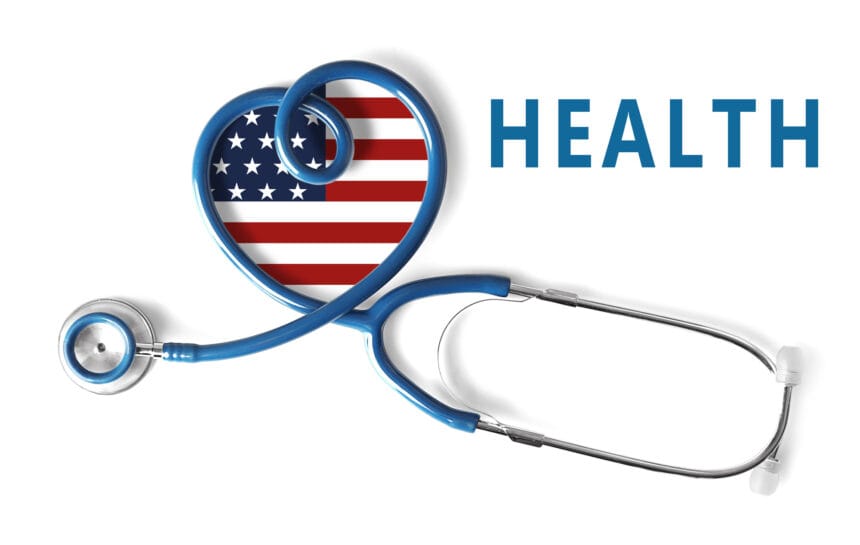Yes, as a homeowner in New York State, you can qualify for Medicaid, but the rules vary depending on whether you’re applying for Chronic or Community Medicaid. Your home equity is treated differently under each program, with Chronic Medicaid having stricter guidelines. Community Medicaid allows for a home equity exemption up to a certain limit. To maintain your homestead exemption, you’ll need to prove your intent to return home if you’re temporarily absent. Understanding these distinctions and eligibility requirements is essential for protecting your assets and income while accessing necessary healthcare. Exploring the specific rules for each Medicaid program will help you make informed decisions about your healthcare needs.
Key Takeaways
- Homeowners in New York can qualify for Medicaid, but eligibility depends on income, assets, and type of care needed.
- Home equity is treated differently under Chronic and Community Medicaid, with Chronic having stricter rules.
- Community Medicaid allows a home equity exemption up to a certain limit for homeowners wishing to age in place.
- Proving intent to return home is crucial for maintaining homestead exemption and avoiding state liens.
- A Pooled Income Trust can help homeowners protect their assets and income while qualifying for Medicaid benefits in New York State.
Understanding Medicaid for Homeowners
New York’s Medicaid program offers essential support for homeowners facing healthcare challenges. As a homeowner, you’re not automatically disqualified from receiving Medicaid benefits. Eligibility depends on various factors, including income, assets, and the type of care you need. It’s vital to understand that Medicaid views your home equity differently depending on whether you’re applying for Chronic or Community Medicaid.
While your home may be exempt under certain conditions, there are limits to this protection. For instance, Chronic Medicaid has stricter rules concerning home equity, whereas Community Medicaid allows home equity exemption if it is under a set limit. You’ll need to navigate complex rules regarding homestead exemptions and intent to return home. By familiarizing yourself with these regulations, you can better plan for your healthcare needs while protecting your assets and income. Remember, Medicaid aims to serve those who truly need assistance, so understanding your options is key to accessing the care you deserve.
Chronic vs. Community Medicaid
When considering Medicaid options in New York, you’ll encounter two primary types: Chronic Medicaid and Community Medicaid. Chronic Medicaid is designed for seniors who require long-term care in nursing facilities. It’s for those aged 65 or older, blind, or disabled who can’t receive necessary care at home. This option becomes essential when Medicare doesn’t cover long-term care costs, which can quickly escalate. Community Medicaid, on the other hand, supports seniors who wish to age in place. It provides assistance for those needing help with daily living activities while remaining in their homes or assisted-living facilities. Community Medicaid offers a range of benefits and covered services, including personal care aides, adult daycare services, and transportation for medical appointments. By understanding the differences between Chronic and Community Medicaid, you can better serve your loved ones’ needs and navigate the complex healthcare landscape more effectively.
Homestead Exemption Rules
Understanding the homestead exemption rules is essential when maneuvering Medicaid eligibility for homeowners in New York. These rules differ between Chronic and Community Medicaid programs. For Chronic Medicaid, stricter guidelines apply to home equity and exemptions. Community Medicaid, however, allows for a home equity exemption if it’s under a specified limit. Your homestead’s status can change based on occupancy and your intention to return. It is a common misconception that exempt assets do not require protection post-approval.
To maintain the homestead exemption, you’ll need to demonstrate your intent to return home. This can be done through signed statements or affidavits from family or friends. Be aware that the state may impose a lien if you’re considered permanently absent. Certain occupants in your home can prevent lien imposition. It’s vital to understand homestead valuation and property transfer rules to protect your assets and income while serving your healthcare needs.
Proving Intent to Return
Proving your intent to return home is a key factor in maintaining the homestead exemption for Medicaid in New York. To demonstrate this, you’ll need to provide evidence through signed statements or affidavits. These documents can come from you, your family members, or close friends who can attest to your desire to return home.
The affidavit requirements typically involve explaining your current situation and your plans to return to your residence. It’s essential to be clear about your occupancy status and any temporary reasons for your absence. Remember, the state may impose a lien if you’re considered permanently absent from your home. However, certain occupants in the home can prevent this lien. If you have a sibling living in the house, they must meet specific residency requirements to maintain equity interest in the property.
Medicaid Eligibility Considerations
Medicaid eligibility for homeowners in New York hinges on several essential factors. You’ll need to navigate complex asset limits and eligibility requirements to qualify. For Chronic Medicaid, stricter rules apply to home equity and exemptions, potentially affecting your ability to retain your property. Community Medicaid offers more flexibility, allowing for home equity exemption up to a certain limit. This option supports aging in place, which may be your preference if you want to remain in your community.
Your homestead status can change based on occupancy and intention to return, so it’s vital to understand how these factors impact your eligibility. Remember, different Medicaid programs have distinct rules regarding income and asset limits. By familiarizing yourself with these requirements, you’ll be better equipped to make informed decisions about your healthcare coverage and property.
Conclusion
You’ve learned that being a homeowner doesn’t automatically disqualify you from Medicaid in New York State. Remember, your home’s status depends on various factors, including the type of Medicaid you’re seeking and your intent to return. Don’t let confusion deter you from exploring your options. By understanding the homestead exemption and eligibility rules, you can make informed decisions about your healthcare and asset protection. Take action now to secure the support you need.








